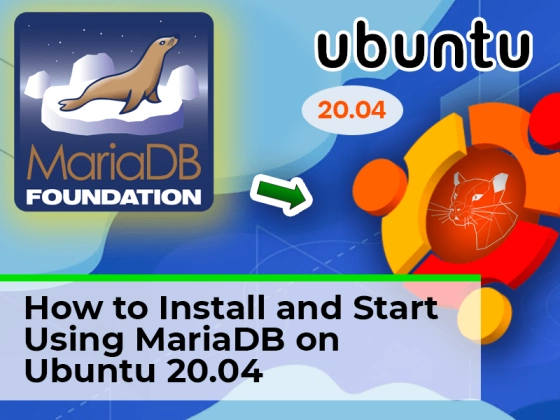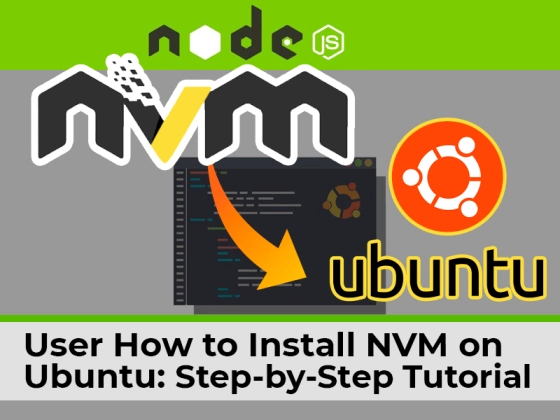In modern data management, there are several relational databases that you can use to store and retrieve structured data. One of them is PostgreSQL. If you're an Ubuntu user looking to harness the cap...
Ubuntu, OS Tutorials & Guides, Page - 2
-
 How to Install MongoDB on Ubuntu
How to Install MongoDB on UbuntuYou require a powerful and flexible database system like MongoDB to manage vast amounts of information. Its document-oriented architecture allows for the storage and retrieval of unstructured or semi-...
Aleksandra TitishovaRead -
 How to Restart the Network Settings in Ubuntu: A Comprehensive Guide to Restarting the Network Manager in Ubuntu
How to Restart the Network Settings in Ubuntu: A Comprehensive Guide to Restarting the Network Manager in UbuntuWhen a problem occurs with your computer system, one commonly used solution is to restart or reboot it. Similarly, when you encounter issues with your Internet connection, a quick fix to this problem ...
Aleksandra TitishovaRead -
 How to Install and Configure Nginx on Ubuntu (Step by Step Nginx Setup Guide)
How to Install and Configure Nginx on Ubuntu (Step by Step Nginx Setup Guide)Nginx, an open-source web server, is well-known for its high-performance capabilities. It serves a diverse range of functions, such as functioning as a reverse proxy with HTTP server features, web hos...
Aleksandra TitishovaRead -
 How to Install and Start Using MariaDB on Ubuntu 20.04 (Step-by-Step Guide)
How to Install and Start Using MariaDB on Ubuntu 20.04 (Step-by-Step Guide)MariaDB is an open-source, freely accessible database management software that serves as a viable alternative to Oracle's MySQL database server. It's a community-supported, multi-user, and multi-threa...
Aleksandra TitishovaRead -
 How to Install NVM on Ubuntu: Step-by-Step Tutorial
How to Install NVM on Ubuntu: Step-by-Step TutorialNVM (Node Version Manager) is a powerful tool for developers seeking flexibility in managing multiple Node.js versions on their Linux machines. This command-line utility simplifies the Node.js install...
Aleksandra TitishovaRead

